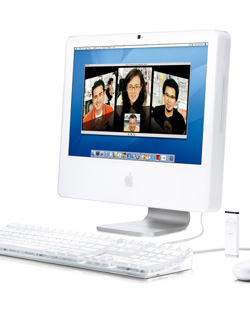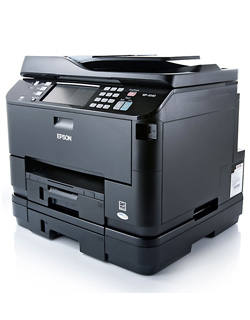Digital Camera Olympus
The E-system, based on the Four Thirds standard, was launched as (and remains) the only ‘fully digital’ SLR system (with no need to support legacy film products). Despite offering smaller than average…
Olympus Digital Camera
Olympus has been a part of the photography landscape since for over 70 years, and was one of the early consumer digital camera innovators. Today, as well as a huge range of (mostly relatively modest) …
Camera Olympus Digital
SLR system (with no need to support legacy film products). Despite offering smaller than average camera bodies and competitive features, the E-system has not, thus far, delivered Olympus much market s…
-
LENSES AND ACCESSORIES
The worlds fastest* AF system, FAST AF, has been made even faster and more accurate on the OM-D. Improved new 3D Trackin…
-
HIGH IMAGE QUALITY
Three key factors contribute to the OM-Ds unprecedented image quality: a wide lineup of M.ZUIKO DIGITAL lenses for sharp…
-
5-AXIS IMAGE STABILIZATION
The OM-D is equipped with the worlds first 5-axis image stabilization system, and can compensate for vertical, horizonta…
The object of information management is information resources and information activities.
Information resource is an organism of information producers, information and information technology. The fundamental purpose of information management is to control the flow of information and realize the utility and value of information. However, information is not all resources. If we want to make it a resource and realize its utility and value, we must rely on the intelligence and information technology of human beings. Therefore, "human" is the main body of controlling information resources and coordinating information activities, and is the main factor of the information activities, and information collection, storage, transmission, processing and utilization of information activities can not be separated from the support of information technology. Without the powerful function of information technology, it is impossible to achieve effective information management. Because information activities are essentially for production, transmission and utilization of information resources, information resources are one of the objects and results of information activities. Information producer, information and information technology three elements form an organic whole - information resources, which constitute the basic elements of any information system, is one of the research objects of information management.
(2) information activities refer to the management activities and service activities carried out by human society around the formation, transmission and utilization of information resources. The formation stage of information resources is characterized by the production, recording, collection, transmission, storage and processing of information. The purpose is to form the information resources that can be used. The development and utilization stage of information resources is characterized by the transmission, retrieval, analysis, selection, absorption, evaluation and utilization of information resources. The purpose is to realize the value of information resources and achieve the purpose of information management. Simply managing information resources and ignoring information activities closely related to information resources, the object of information management is not comprehensive.
Information management is the basic function of management activities, "plan, organization, leadership and control" is still the basic function of information management activities, but the basic functions of information management are more pertinent. 3. information management is a kind of social scale activity, which reflects the universality and social nature of information management activities. It is a universal information acquisition, control and utilization activity involving a wide range of individuals, groups and countries. Information product management (micro): information collection, sequence, analysis, information system management (meso): design, implementation and evaluation, security management, information resource allocation and other information industry management (macro): industrial structure and testing, information service industry mechanism and management model, industrial policy and Information legislation, social information.



